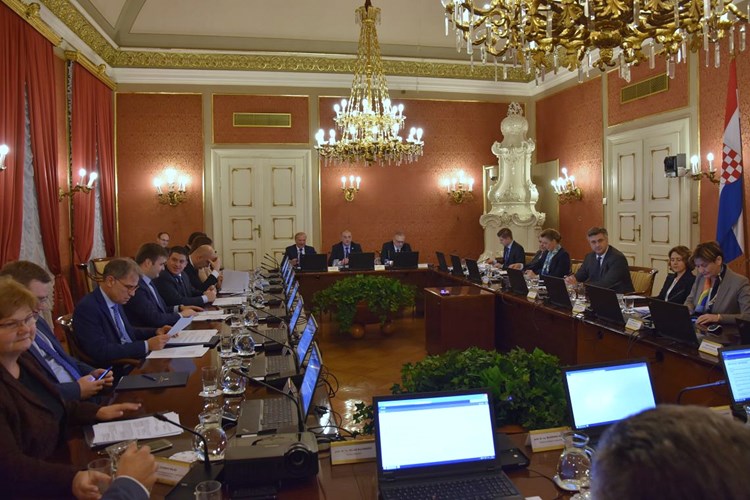


"The existing law and institutional instruments related to state assets management have resulted in long-lasting neglect, destruction and usurpation of state assets as well as in a large number of inactive properties," said Maric.
He said that this referred to 330 former military barracks on 50 million square metres of land, 3,470 construction plots with an area of 429 million square metres, 3,860 business facilities, including 930 empty ones and 210 unlawfully used ones, 80 camp sites, several thousand flats, garages, etc.
Maric said the bill was primarily aimed at protecting and activating state assets that were managed by his ministry and at encouraging economic activity and increasing employment. He said that the basis for the implementation of the bill was value appraisal and public tenders.
Under the bill, the state assets minister decides on the management of shares and stakes of legal persons of special state interest, on the management of real estate and movable assets with an estimated value of up to HRK 7.5 million, instead of up to HRK 1 million as is now the case, while in other cases decisions are made by the government. So far, the government has decided on state property worth more than HRK 100 million.
Under the bill, if no valid offers are submitted in the first attempt to sell shares and stakes, real estate or movable assets, the starting price can be reduced by 30% at the most, and if the sale is repeated for a second time, the price can be reduced by a maximum 50% of the estimate market value.
Under the bill, the national strategy for the management of state property is adopted for a period of seven years instead four as has been the case so far.
The bill specifies that state property is managed in "an efficient way, publicly, economically and lawfully."
With regard to real estate, the bill envisages a ban on subtenancy and sublease, with the state directly renting certain real estate to interested parties while contracts on sublease will be automatically terminated.
Under the bill, it will no longer be possible to buy state property in installments but rather by a one-off payment.
When it comes to companies owned by the state, the relevant ministries will propose directly to the government members of those companies' management and supervisory boards.
Text: Hina